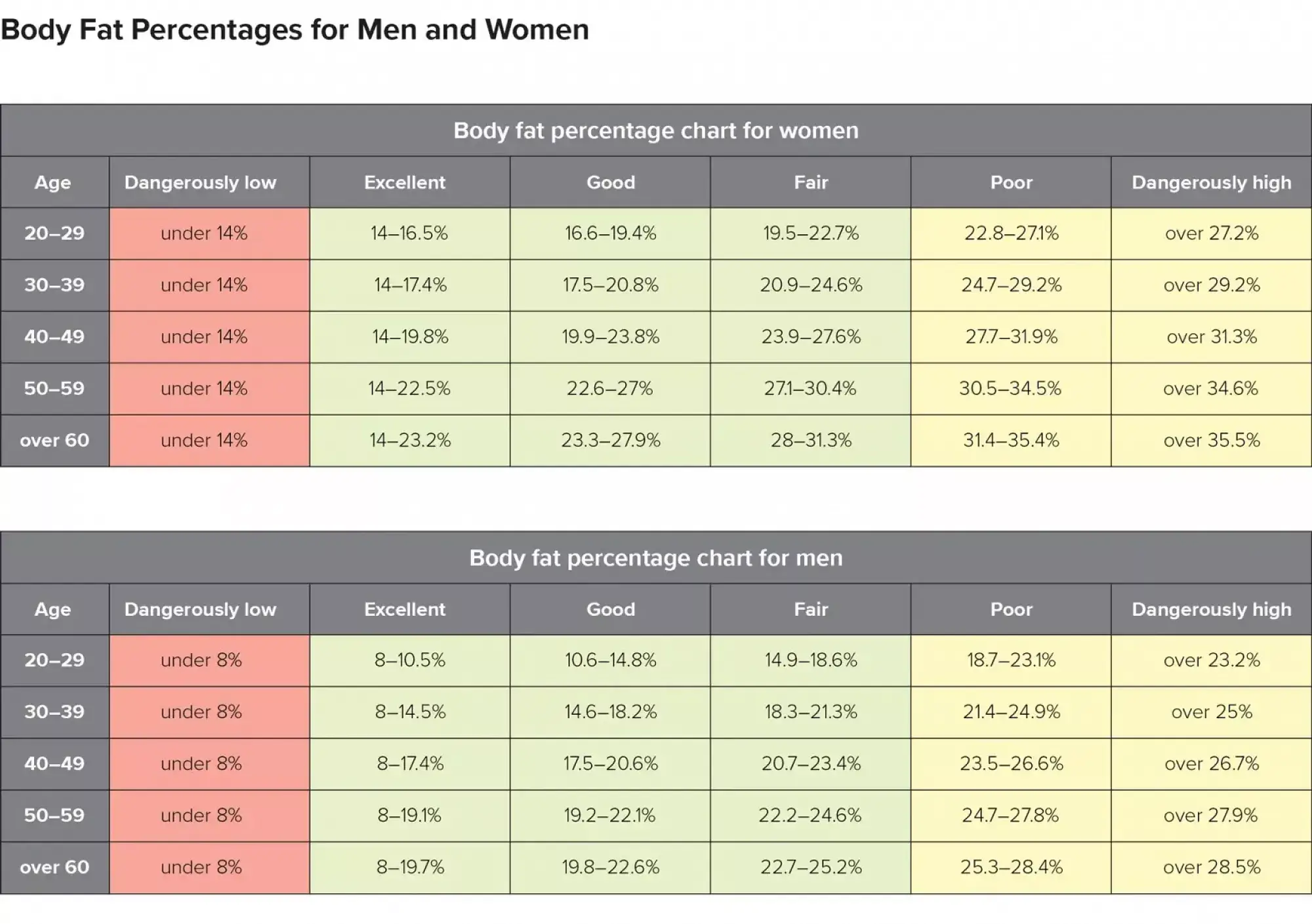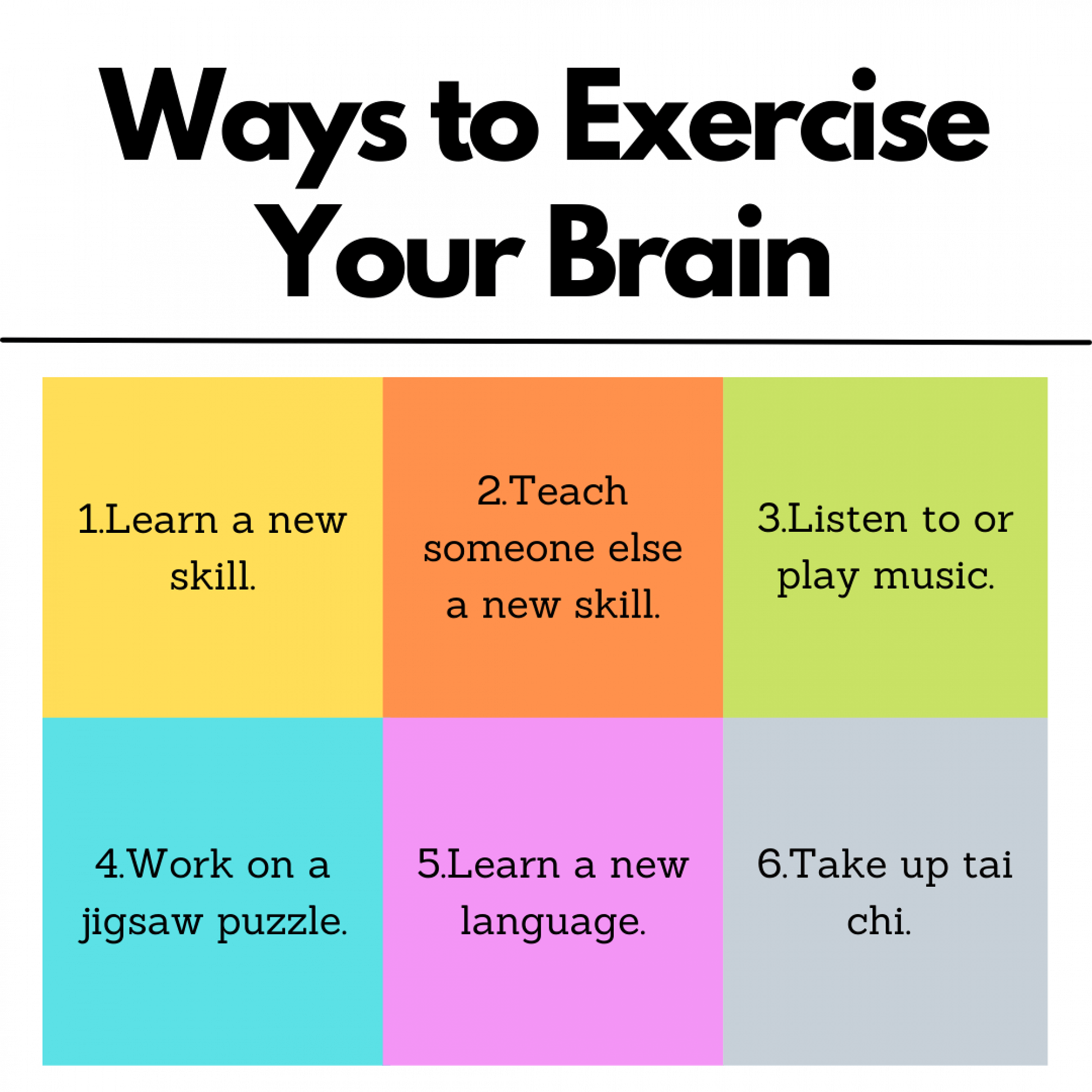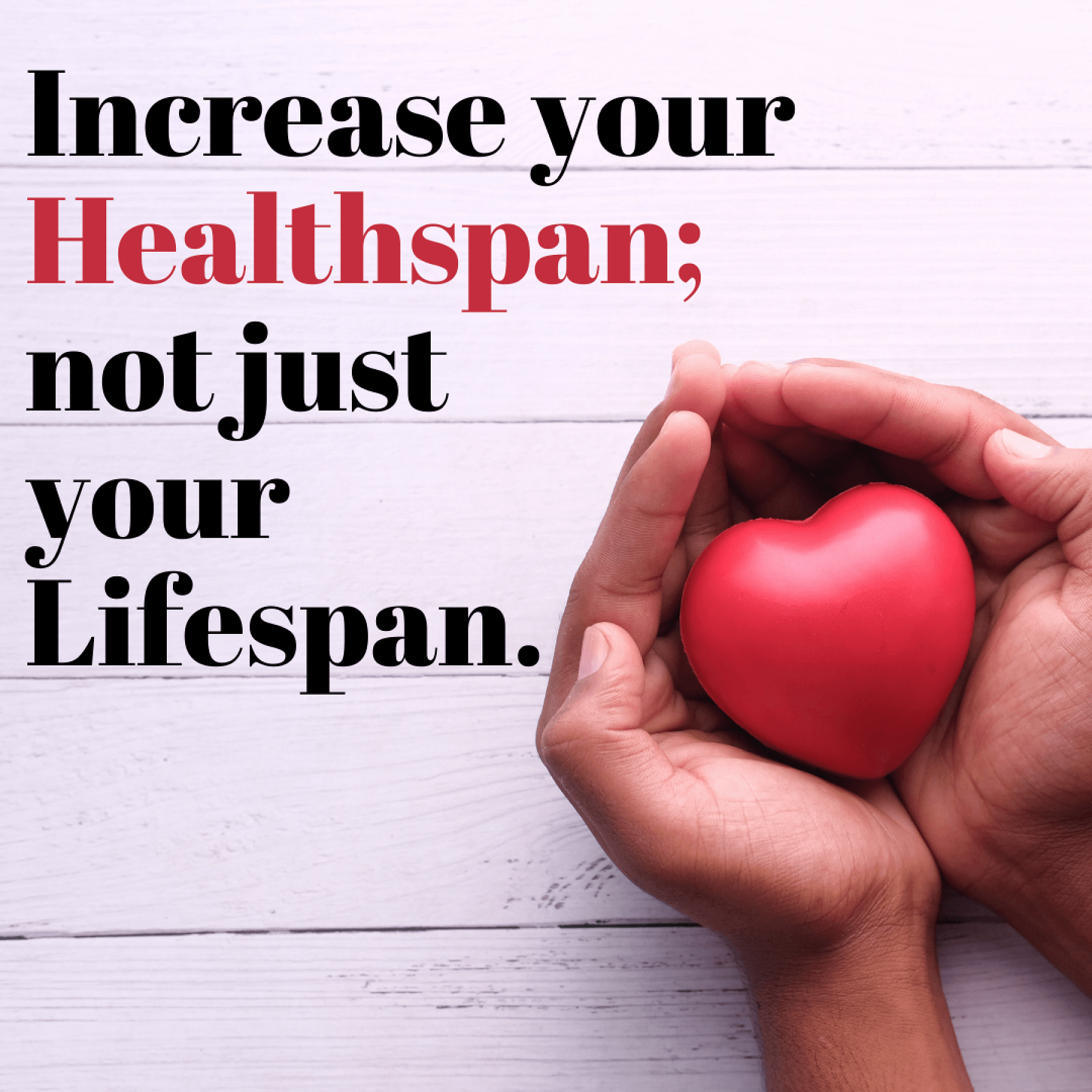Have you ever contemplated your lifespan? Most people have done the math. Thinking about your family tree, how long did your parents or grandparents live? What kind of problems or conditions caused their death? Did you inherit any of those conditions? Do you smoke or drink alcohol in excess? Will you be around to celebrate your grandchildren’s or great-grandchildren’s birth?
All of these are logical questions that most people think about from time to time. Most people tend to focus on how many years they will have in their lifetime, but not how many of those years are actually healthy! This is the difference between a lifespan (how many years you live) and a healthspan (how many of your years are you at optimum health). How many of those years will be spent living life to the fullest? How many years will you be free of pain and chronic conditions, fully functioning mentally and physically? Stop thinking about your LIFEspan and start thinking about your HEALTHspan. Make the years spent on this earth the best they can be! Support your health with diet and lifestyle now, not when a health problem arises.
Find Out What Age You Really Are
Use this link to get to a free quiz that tells you more about how your health reflects your "true age." This quiz asks you questions about your lifestyle and then helps you determine how many years you should add or subtract from your current age to reveal your "true age" in terms of health. The goal is for your your lifestyle factors to be considered healthy enough to shave a few years off your current age.
3 Important Steps to Increase Your Healthspan
#1 Reduce your chances of disease by lowering inflammation.
Oxidative stress in your body is what contributes to your disease risk. Where does oxidative stress come from? Environmental hazards like smoke, pollution and chemical exposure contribute to this stress, but your diet can either be helpful or harmful in combatting stress. A diet high in processed foods and low in fruits, vegetables and fiber is only going to let allow oxidative stress to take over your body. Maximizing your antioxidant status (that’s what fights oxidation) is essential to lowering your inflammation and fighting disease. Learn more about how to lower inflammation with diet.
Incorporating foods high in antioxidants into your daily diet is immensely beneficial. Blueberries, pecans, and artichokes are just some examples of foods that can counteract oxidative stress in your body. To find learn about more foods high in antioxidants, check out this article.

#2 Maintain a healthy weight for your body type and a maintain a normal body fat %.
Carrying excess weight can be stressful on your joints. It can also hold you back from living an active lifestyle. When you carry too much body fat, especially around the mid-section or stomach area, this can be a risk factor for optimal health. It can increase your risk of conditions like diabetes, heart disease, and fatty liver disease. Learn more about why it’s important to know your body composition.
At Nutrition Dynamix, we have a body composition analysis machine called an InBody 270. It takes about two minutes for the machine to tell you what you’re made of and how much body fat you have. Once you know your body fat percentage, compare it to the table below to find out where you stand. Read more about the differences between body fat percentage and BMI here.

#3 Be active both mentally and physically.
Exercise your body and your mind. Physical exercise isn’t just for weight control. Cardio exercise like running, walking or biking raises your heart rate and is essential for keeping your heart healthy and preventing problems like diabetes. It is estimated that after the age of 30, muscle loss of 3-8% occurs every decade and it becomes even more important to find activities that will keep us strong. It’s never to late to start an exercise routine with weights or resistance bands. Don’t let your brain get lazy. Challenge yourself to keep learning as the best way to maintain your cognitive health and memory.



